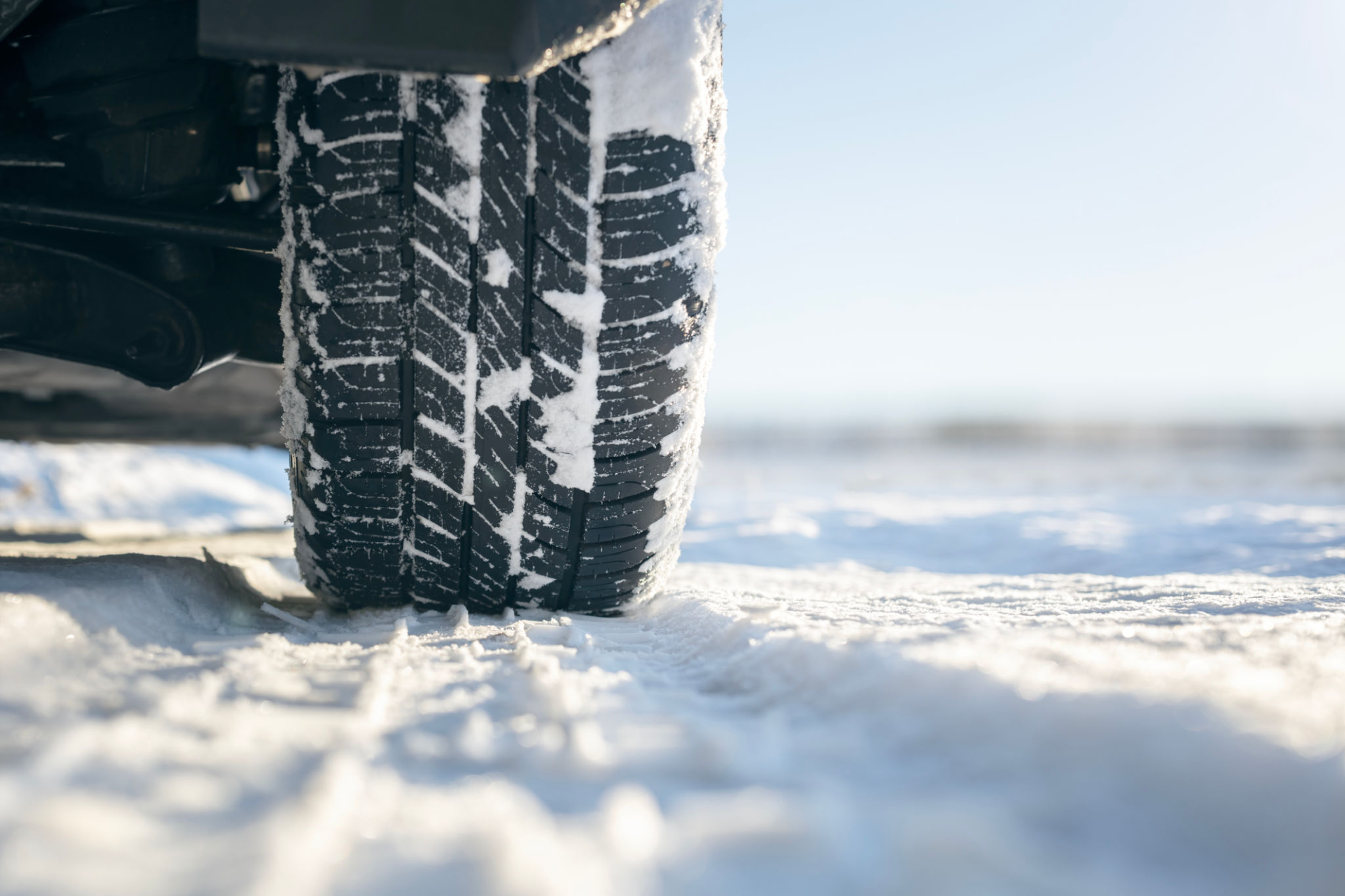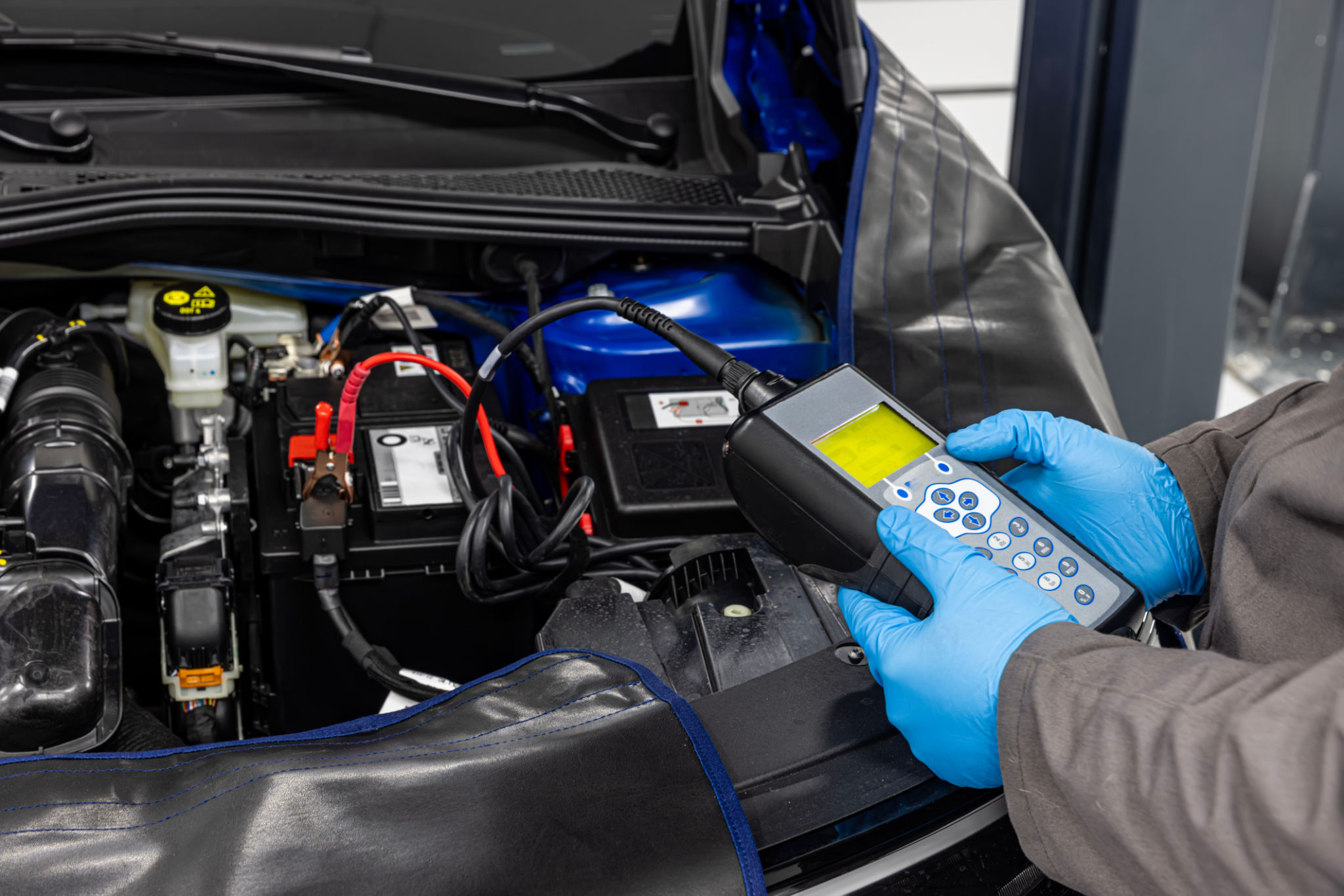Seasonal Car Care: Preparing Your Vehicle for Winter Challenges
Understanding the Importance of Winter Car Care
As winter approaches, it's crucial to prepare your vehicle for the challenges that come with colder temperatures and harsher driving conditions. Proper seasonal car care helps ensure your safety on the road and prolongs the life of your vehicle. From tire maintenance to checking fluid levels, every step is vital to keep your car running smoothly throughout the season.
Winter weather can be unpredictable, with snow, ice, and freezing temperatures posing significant risks to drivers. Preparing ahead of time can help mitigate these risks and ensure you’re ready for whatever winter throws your way. Here are some essential tips to prepare your vehicle for winter challenges.

Tire Maintenance for Winter Roads
Your tires are your car’s only contact with the road, making them one of the most critical components for safe winter driving. It’s essential to check the tread depth and ensure they are adequately inflated. Cold weather can cause tire pressure to drop, which affects traction and fuel efficiency. Regularly check the pressure and adjust as needed according to the manufacturer's recommendations.
Consider switching to winter tires if you live in an area prone to heavy snow or ice. Winter tires are designed to provide better traction and handling in cold temperatures, improving safety on slippery roads. Make sure to also inspect your spare tire and ensure all necessary tools are in the trunk for emergencies.

Battery and Electrical System Checks
Cold weather can be harsh on your car's battery, reducing its efficiency and making it harder to start your vehicle. Before winter sets in, have your battery tested to ensure it’s in good condition. Clean any corrosion from the terminals and ensure that all connections are secure.
In addition to the battery, check your car’s electrical system, including lights, wipers, and defrosters. Functional wipers and defrosters are crucial for maintaining visibility during winter storms. Replace worn-out wiper blades and make sure all lights are working correctly to stay visible on dark, icy roads.

Fluid Levels and Engine Maintenance
Maintaining proper fluid levels is essential for engine performance in any season, but it's especially critical during winter. Check and top off engine oil, coolant, brake fluid, and windshield washer fluid. Consider using a winter-grade oil that flows more easily at low temperatures.
Ensuring your antifreeze is at the correct concentration will prevent the engine from freezing in extreme cold. Regularly check belts and hoses for signs of wear, as cold temperatures can make them brittle and more likely to fail. Schedule a pre-winter maintenance check with a trusted mechanic if you’re unsure about any aspect of your vehicle’s condition.

Emergency Preparedness
In winter, being prepared for emergencies is crucial. Keep an emergency kit in your car at all times. It should include essentials like a blanket, flashlight, extra batteries, non-perishable snacks, water, a first-aid kit, jumper cables, and a small shovel. These items can be life-savers if you find yourself stranded in freezing conditions.
Additionally, carry a bag of sand or kitty litter for traction if you get stuck in snow or ice. Having these items on hand can make a significant difference when waiting for roadside assistance or dealing with minor incidents yourself.
Conclusion: Staying Safe on Winter Roads
Proper preparation is key to tackling winter driving challenges safely. By taking these steps to care for your vehicle ahead of time, you can reduce the risk of breakdowns and accidents during the colder months. Regular maintenance checks and having an emergency kit ready are proactive ways to ensure peace of mind when driving in winter weather.
Remember, investing time in seasonal car care not only helps you stay safe but also extends the lifespan of your vehicle. Embrace these practices and enjoy more confident driving no matter how harsh the winter conditions become.
